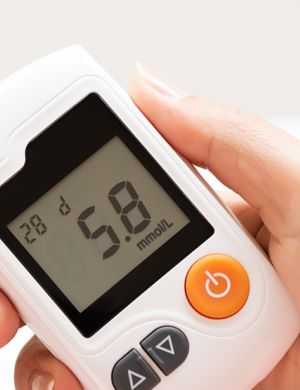
Consumer Health – USA/UK/Asia/ROW Regulatory News – Oct 2024
USA
Outbreak Investigation: E. coli O157:H7 Linked to Onions (October 2024)
The FDA is investigating slivered onions previously used at McDonald’s as the probable source of an E. coli O157:H7 outbreak. The onions have been recalled and are no longer in use. Epidemiologic and traceback analyses point to slivered onions once used on Quarter Pounder burgers in affected states; diced onions used by McDonald’s are not implicated.
As of October 30, ninety individuals across 13 states have been infected. Illness onset dates range from September 27 to October 16, 2024. Of 83 cases with available data, 27 hospitalizations have occurred, and two individuals developed hemolytic uremic syndrome (HUS). One death was reported in an older adult in Colorado. Additional illnesses occurred before McDonald’s and Taylor Farms removed the onions from food service locations.
CANADA
.Recall of Beef Jelly Tongue Products Due to Listeria monocytogenes
Several brands of beef jelly tongue products have been recalled due to potential contamination with Listeria monocytogenes. Contaminated food may appear normal but can still cause illness, including nausea, vomiting, fever, muscle aches, severe headache, and neck stiffness. High‑risk groups include pregnant women, older adults, and individuals with weakened immune systems.
Recall of Frozen Waffles and Pancakes Due to Listeria monocytogenes
Multiple frozen waffle and pancake products have also been recalled for possible Listeria contamination. Symptoms and risks mirror those noted in the previous recall, with severe cases potentially resulting in serious complications or death.
UK
.FSA Opens Consultation on Allergen Labelling for Out-of-Home Food Sector
The Food Standards Agency has launched a consultation seeking feedback on proposed guidance aimed at standardizing written allergen information for diners. The consultation follows significant engagement with consumers, regulators, and industry, supplemented by research to assess how allergen communication can be improved.
FSA Selects Providers for Future Meat Inspection Services
Following a detailed procurement and consultation process, Eville and Jones and Hallmark Meat Hygiene have been appointed to supply veterinarians and inspectors for official meat inspection controls in meat processing facilities.
ASIA
SINGAPORE
Recall of Ji Xiang Special Grade Black Melon Seed for Excessive Cyclamate and Saccharin
The Singapore Food Agency detected cyclamate (as Cyclamic Acid) and saccharin at levels exceeding legal limits in Ji Xiang Special Grade Black Melon Seed. The importer, Guangdong Import & Export Pte Ltd, has been directed to conduct a recall, which is currently underway.
JAPAN
Lifting of Food Distribution Restrictions Under the Special Measures Act
The Nuclear Emergency Response Headquarters has instructed Chiba Prefecture to lift shipping restrictions previously placed on silver crucian carp and common carp from Lake Teganuma and the Teganagawa River. The official directive and Chiba Prefecture’s application have been documented and attached in the respective referenced materials.
ROW
AUSTRALIA
FSANZ Seeks Public Comment on New GM Corn Line
Food Standards Australia New Zealand (FSANZ) is requesting feedback on an application seeking approval for food derived from a genetically modified corn line (MZIR260), which is resistant to lepidopteran pests including fall armyworm. If approved, ingredients from this GM corn—such as starch, flour, grits, oil, and sweeteners—may enter the food supply through imported products.
Don’t miss out! Click here to stay in touch.
Categories
- Biopharma (59)
- Consumer Health (22)
- Cosmetics (11)
- Diagnostics (5)
- Digital Health (8)
- Food (2)
- Medical Device (113)
- OTC (5)
- Regulatory Intelligence (13)
- Standards (41)
Recent Blogs
Get the latest updates from Vistaar

Related Posts
CONNECT WITH US

Let's talk about how Vistaar can help you





